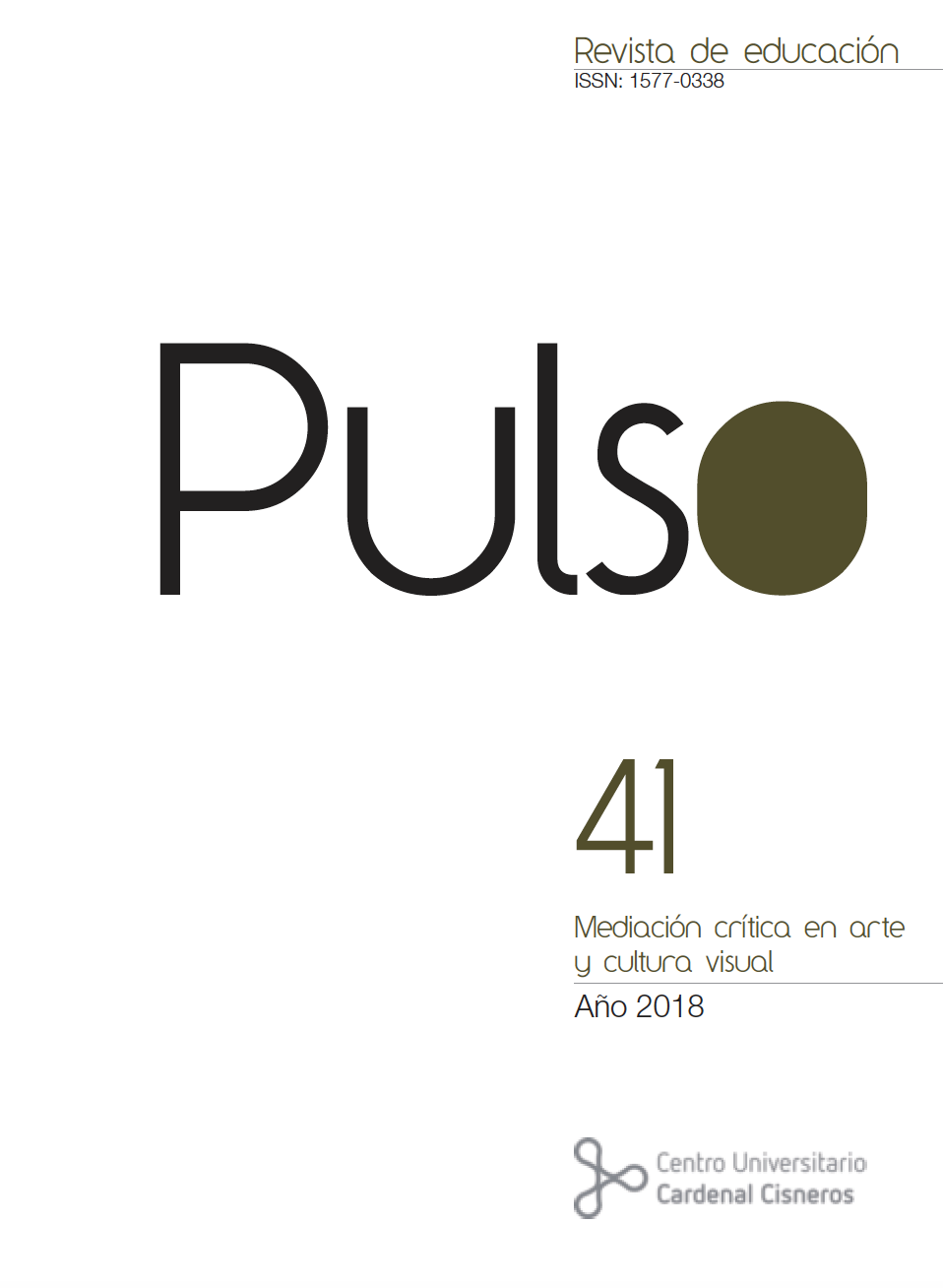Language assistants' views on the training provided by bilingual programs in Madrid
DOI:
https://doi.org/10.58265/pulso.5174Keywords:
Auxiliar de conversación, Colegios bilingües, Rol, Percepción, FormaciónAbstract
This study explores the effectiveness of language assistant (LA) training in Madrid’s bilingual programs. LAs rated their preparedness and enthusiasm at the beginning of the academic year, and reported on their training and its applicability to future tasks. It was found that LAs perceived deficiencies in their training despite feelings of enthusiasm and usefulness when taking on responsibilities. LAs reported discrepancies between their training and their duties which resulted in them feeling ill-prepared. Therefore, it is recommended that bilingual programs examine the role of the LA and create a comprehensive training plan that efficiently prepares the diverse body of LAs.
Downloads
References
Buckingham, L. R. (2018). Defining the role of language assistants in the bilingual classroom. Revista Tecnología, Ciencia y Educación (9): 38-49.
Comunidad de Madrid. (2014). Guía del Auxiliar de Conversación: Curso 2014-15. http://www.educa2.madrid.org/web/educamadrid/principal/files/b205a2ee-682c-41da-b886-376593c987b9/GUIA%2014-15_espanol.pdf?t=1410179451311/GUIA%2014-15.espanol.pdf?t=1405944676582 (Accessed 28 November, 2014).
Consejería de Educación en Estados Unidos y Canadá. (2015). North
American language and culture assistants in Spain: Application guidelines school year 2015-2016. http://www.mecd.gob.es/eeuu/convocatorias-programas/convocatoriaseeuu/
auxiliares-conversacion-eeuu.html (Accessed 30 January, 2015).
Escuelas Católicas de Madrid [website]. Accessed from:
http://www.ecmadrid.org/es/quienessomos/escuelas-catolicas-de-madrid (Accessed 17 January, 2015).
FERE-CECA. (2014). Guidelines of best practices for Conversation
Assistants. (Provided by the organization).
Gerena, L. & Ramírez-Verdugo, M. D. (2014). Analyzing bilingual teaching and learning in Madrid, Spain: A Fulbright Scholar collaborative research project. GIST Education and Learning Research Journal, 8, 118-136.
Hibler, A. (2010). Effective collaboration between native and nonnative speakers in the Spanish CLIL context: The case of Language Assistants in primary education. Universidad Complutense de Madrid.
Ministerio de Educación, Cultura y Deporte (2014). Guía: Auxiliares de
conversación extranjeros en España 2014/15. http://www.mecd.gob.es/eeuu/convocatorias-programas/convocatoriaseeuu/auxiliares-conversacion-eeuu.html (Accessed 30 January, 2015).
Nunan, D. (1992). Research methods in language learning. Cambridge:
Cambridge University Press.
Scobling, C. (2011). El Auxiliar de Conversación como herramienta de
motivación en la enseñanza y aprendizaje de lenguas extranjeras en la educación secundaria y bachillerato en España. UNIR Trabajo fin de Master.
Teach & Learn in Spain Study Program [website]. Available from:
http://www.institutofranklin.net/en/academic-programs/teach-learn-spainprogram/teach-learn-spain-study-program (Accessed 14 March 2015).
Tobin, N., & Abello-Contesse, C. (2012). The use of native assistants as
language and cultural resources in Andalusia's bilingual schools. Available from: http://bolderenglish.com/graphics/N.Tobin_LAS.pdf (Accessed 17 July 2013).
Wagner, E. (2010). Survey research. In Paltridge, B. & Phakiti, A. (eds.).
Continuum companion to research methods in Applied Linguistics (pp. 22-38). Sydney: Bloomsbury.
Downloads
Published
How to Cite
Issue
Section
License
Copyright (c) 2022 Pulso. Revista de educación

This work is licensed under a Creative Commons Attribution-NonCommercial-NoDerivatives 3.0 Unported License.
This journal offers immediate open access to its content based on the idea that offering readers free access to research favours a global exchange of knowledge.
Papers are published in the electronic version of the journal under a Creative Commons License: Attribution-NonCommercial-No derivatives 4.0 International
Authors are allowed and encouraged to promote the post-print version (reviewed and accepted for publication version) of their work online before publishing them. This favours their earlier circulation and dissemination and thus a possible increase in their citation and reach among the academic community.














